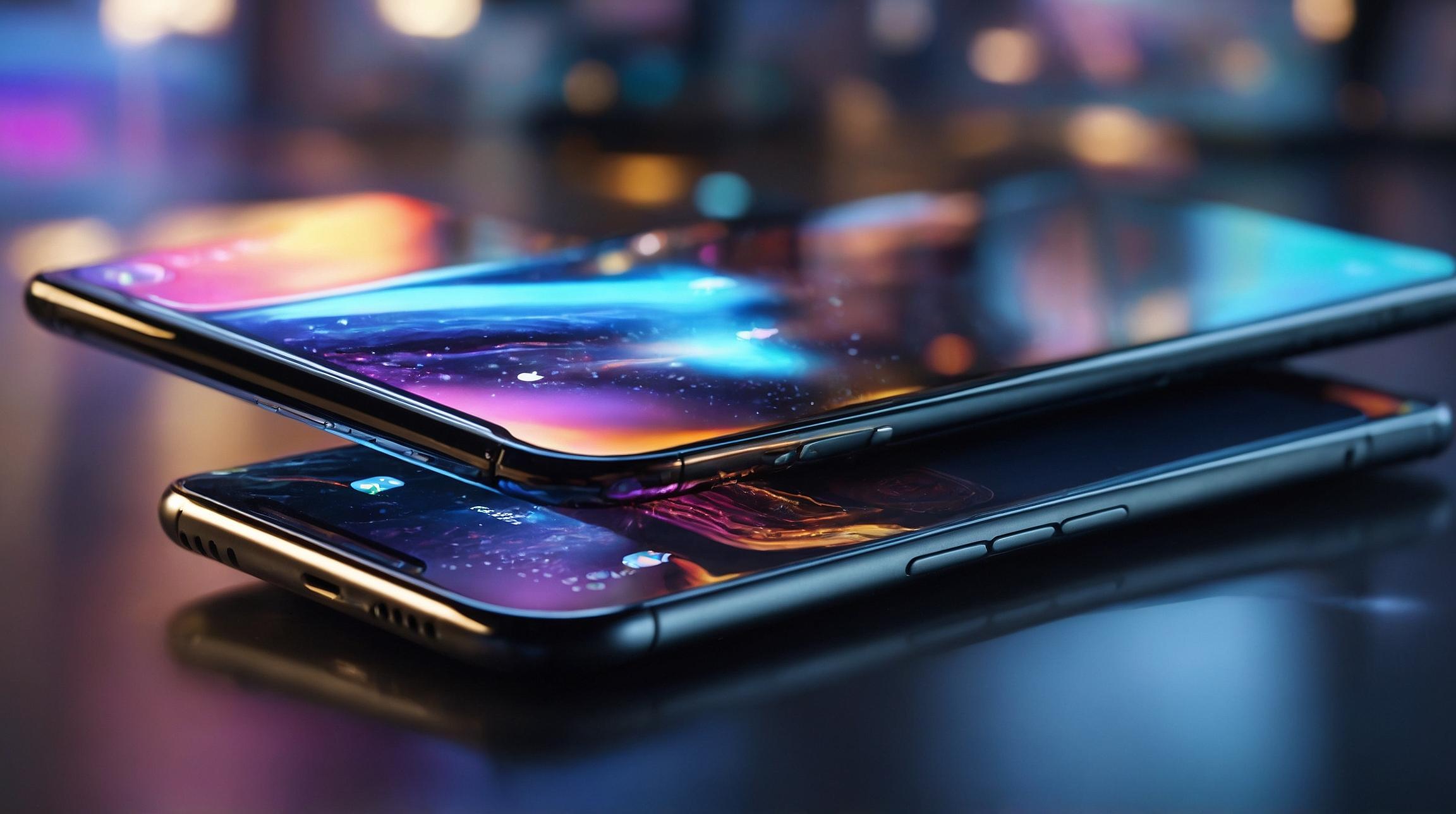Apple's Groundbreaking Move in AI-Driven Mobile Technology
Apple has officially announced the first-ever iPhone model built specifically for generative artificial intelligence. This move marks a significant shift in mobile technology, as all four different models of the forthcoming iPhone 16 will feature a specialized AI chip designed to power a variety of advanced AI tools.
What is Generative AI?
Generative AI refers to technology that can create content such as text, images, or music from scratch. For example, it can write an article, paint a picture, or compose a song based on prompts given by the user. This is similar to how apps like ChatGPT or DALL-E function.
The Importance of AI Chips
The new AI chips in the iPhone 16 models are crucial because they enable the phone to perform complex AI tasks more efficiently. These tasks include improved image recognition, language processing, and personalized user experiences. Think of it like having a tiny personal assistant in your pocket that learns and adapts to your preferences.
Enhancing User Experience
Apple's integration of AI technology aims to enhance user experience by offering more intuitive and personalized functionalities. For instance, your iPhone could suggest apps or settings adjustments based on your daily habits or even recognize and organize your photos without your input.
Implications for the Mobile Industry
Apple's commitment to integrating AI technology into its devices is expected to set a new standard in the industry. Other smartphone manufacturers may follow suit, leading to a broader adoption of AI technologies in consumer electronics.
The Future of AI in Everyday Devices
The launch of an AI-focused iPhone reflects a growing trend where everyday gadgets become smarter and more responsive to user needs. This could lead to a future where tasks we perform on our phones are even more seamless and integrated into our daily lives.
Apple's introduction of these AI capabilities in its latest iPhone models underscores a pivotal moment in the evolution of smartphones, potentially transforming how we interact with technology.













